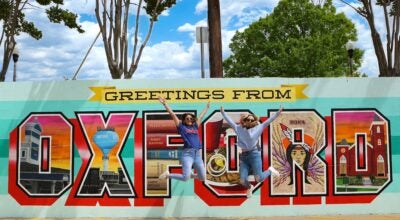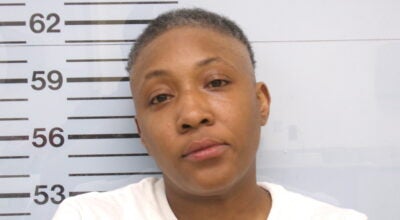Mississippi HB 1523 update: gay marriage law remains blocked during appeal
Published 5:44 pm Friday, August 12, 2016
JACKSON, Miss. (AP) — Mississippi’s law on religious objections to same-sex marriage will remain blocked while the governor appeals a judge’s ruling that the law is unconstitutional.
The 5th U.S. Circuit Court of Appeals said Friday that it would not immediately remove the block that U.S. District Judge Carlton Reeves put on House Bill 1523 moments before it was to become law July 1.
The Republican-led Legislature passed the bill this year in response to the 2015 Supreme Court ruling that legalized gay marriage nationwide. It sought to protect three beliefs: That marriage is only between a man and a woman; that sex should only take place in such a marriage; and that a person’s gender is determined at birth and cannot be altered.
Republican Gov. Phil Bryant is seeking to overturn Reeves’ ruling, and he had asked the 5th Circuit to let the law take effect during the appeals process.
The New Orleans-based 5th Circuit — which handles appeals from Mississippi, Louisiana and Texas — on Friday also said it would not grant Bryant’s request for a speedy appeal of Reeves’ ruling.
“This is a great victory for the thousands of Mississippians who have opposed this bill in the name of tolerance and fairness and dignity for all,” Rob McDuff, one of the attorneys for a group of people who sued to block the law. “Although the governor apparently will continue with his appeal, this is an important milestone in the battle against this completely misguided piece of legislation.”
The governor’s spokesman did not immediately respond to a request for comment Friday.
The law would allow clerks to cite religious objections to recuse themselves from issuing marriage licenses to same-sex couples, and would protect merchants who refuse services to lesbian, gay, bisexual or transgender people. It could affect adoptions and foster care, business practices and school bathroom policies.
Reeves found that it unconstitutionally establishes preferred beliefs and creates unequal treatment for gay people.





